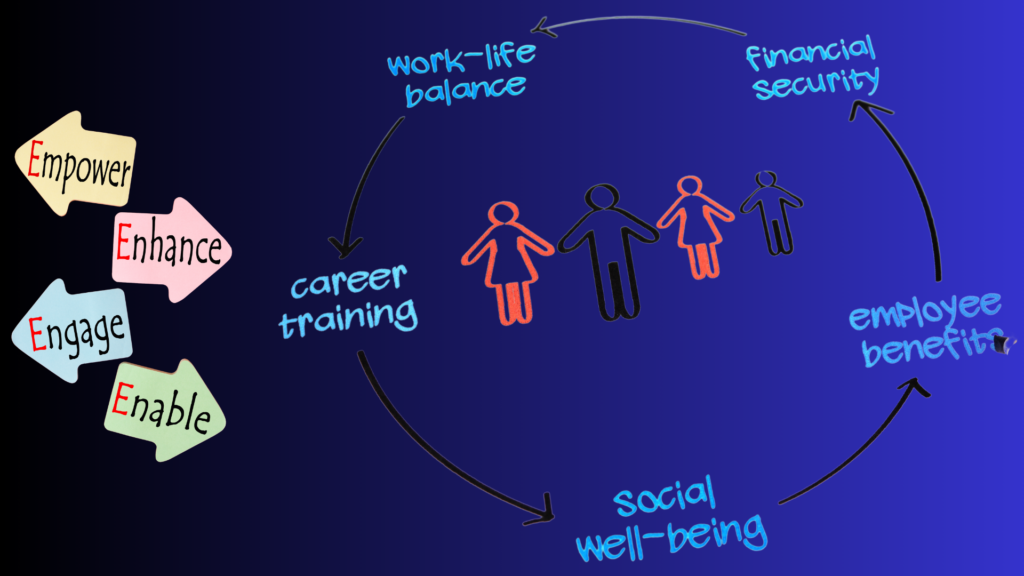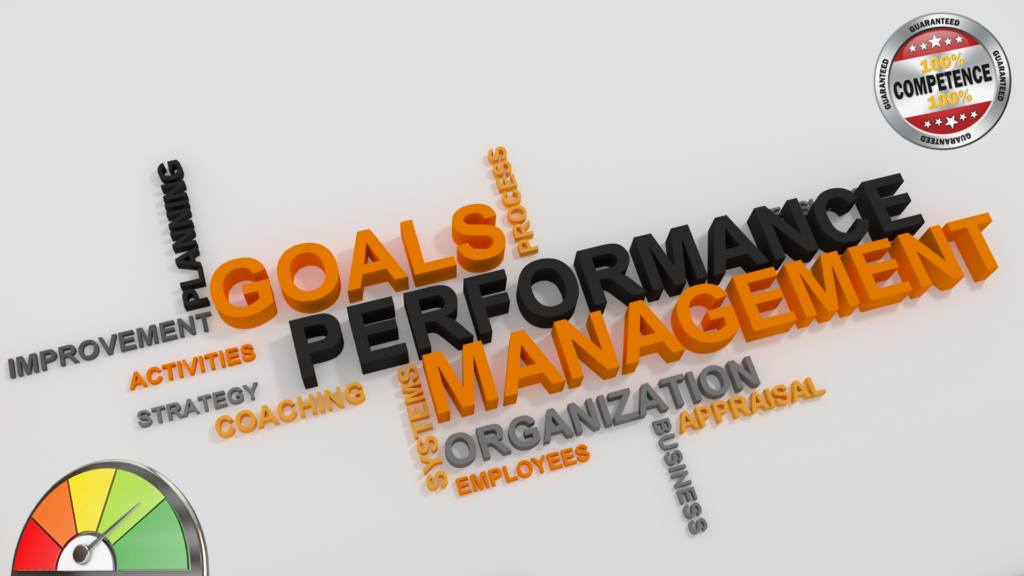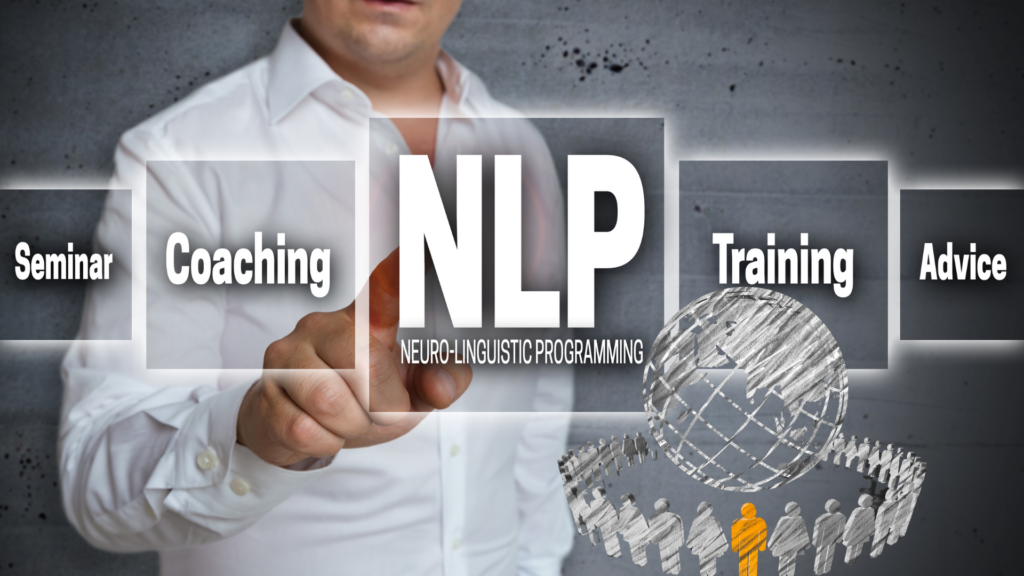How to Align Employee Engagement with Business Success
Employee engagement is often talked about in HR circles, but it’s more than just a buzzword. It’s the secret ingredient that can transform an organization’s workforce into a powerhouse of productivity, innovation, and loyalty. When employees are engaged, they don’t just perform their duties—they become ambassadors of your brand, contributing to a culture that drives business success. But how do you connect the dots between employee engagement and tangible business outcomes? Let’s dive in. What Is Employee Engagement? At its core, employee engagement is about emotional investment. Engaged employees care deeply about their work, their teams, and the success of the organization. They feel valued, heard, and motivated. However, engagement isn’t a one-size-fits-all solution—it needs to align with your business objectives to create meaningful impact. For example, a retail chain with high customer interaction needs employees who are not just skilled but also enthusiastic and empathetic. Their engagement directly influences customer experience, sales, and loyalty. The Business Case for Engagement Why does engagement matter so much? Because disengaged employees cost money—through absenteeism, high turnover, and poor performance. Engaged employees, on the other hand, deliver: How to Align Engagement with Business Goals The Results of Engagement Done Right When engagement is aligned with business success, the outcomes are hard to ignore: One example comes from a client we worked with in the hospitality sector. They faced high turnover rates and declining guest satisfaction scores. By implementing a structured engagement program—including leadership coaching, reward systems, and tailored training—they saw a dramatic improvement in both employee retention and guest feedback within six months. Ready to Transform Your Engagement Strategy? Aligning employee engagement with business success is not just a strategy—it’s a mindset. At Haimi Growth Advisors, we specialize in creating customized engagement programs that align with your unique business goals. Whether it’s through leadership training, employee surveys, or tailored engagement initiatives, we ensure your teams are motivated, connected, and ready to deliver results. Let’s start building your engagement roadmap. Contact us today to learn how we can help you align your people with your purpose—and drive success together.






